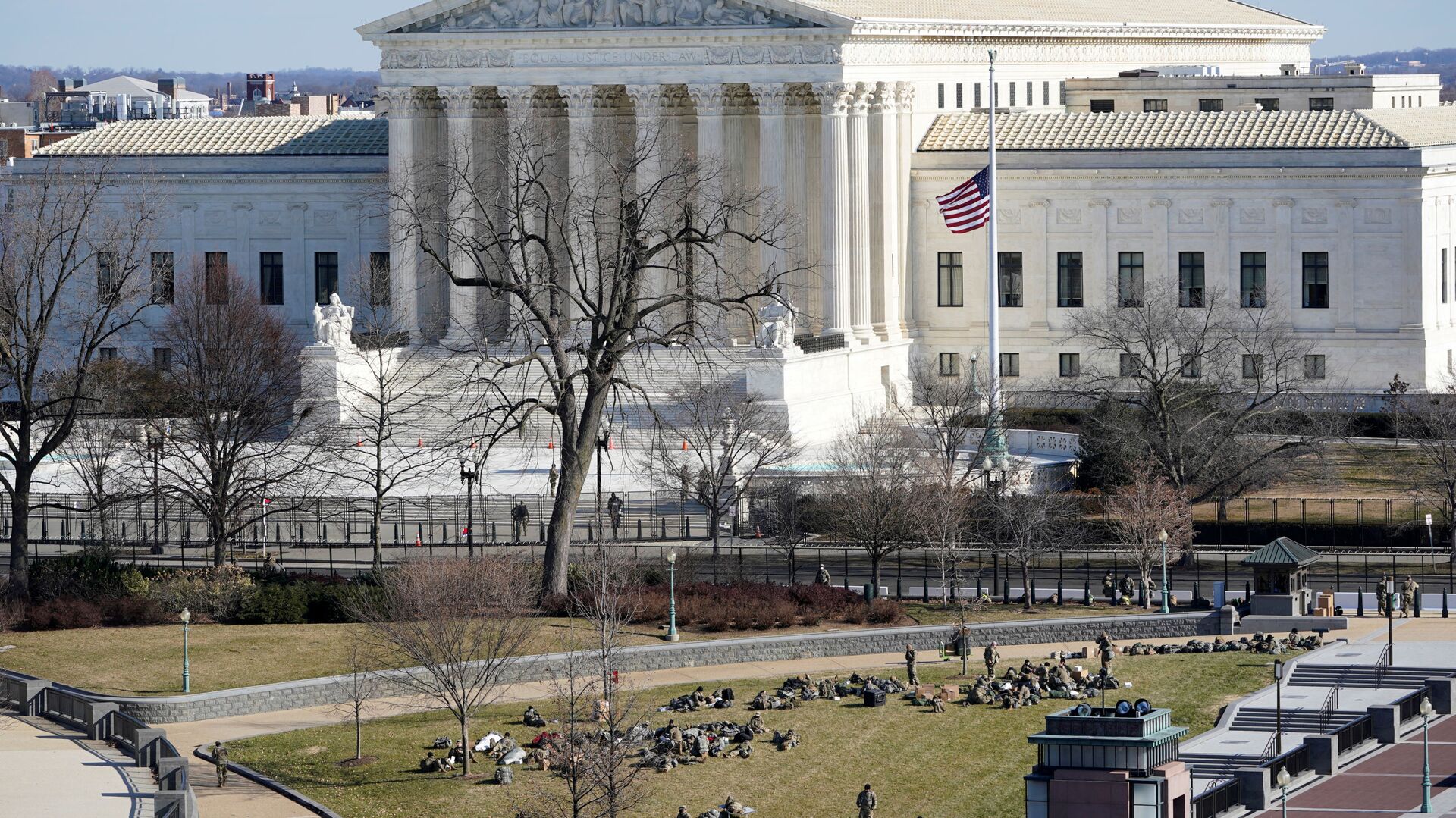In a Thursday opinion, Supreme Court of the United States (SCOTUS) Justice Sonia Sotomayor detailed that Facebook's automated text messages do not violate The Telephone Consumer Protection Act (TCPA), which was enacted in 1991 to curb "abusive telemarketing practices by, among other things, imposing restrictions on making calls with an "automatic telephone dialing system."
As a result, the court reversed a previous judgment by a US Court of Appeals.
"Expanding the definition of an autodialer to encompass any equipment that merely stores and dials telephone numbers would take a chainsaw to these nuanced problems when Congress meant to use a scalpel," Sotomayor wrote.
The SCOTUS Justice argued Duguid's interpretation of the law would impact "virtually all modern cell phones, which have the capacity to 'store ... telephone numbers to be called' and 'dial such numbers.'"
"The TCPA’s liability provisions, then, could affect ordinary cell phone owners in the course of commonplace usage, such as speed dialing or sending automated text message responses."
In a separate ruling Thursday, the SCOTUS upheld that the Federal Communications Commission (FCC) could relax ownership rules because the Free Press studies set forth by Prometheus Radio Project failed to offer any "statistical analysis of the likely future effects of the FCC’s proposed rule changes on minority and female ownership," according to SCOTUS Justice Brett Kavanaugh, who authored the Court's opinion.
"In short, the FCC’s analysis was reasonable and reasonably explained for purposes of the APA’s deferential arbitrary-and-capricious standard," the associate justice wrote.
"The FCC considered the record evidence on competition, localism, viewpoint diversity, and minority and female ownership, and reasonably concluded that the three ownership rules no longer serve the public interest," he added.




